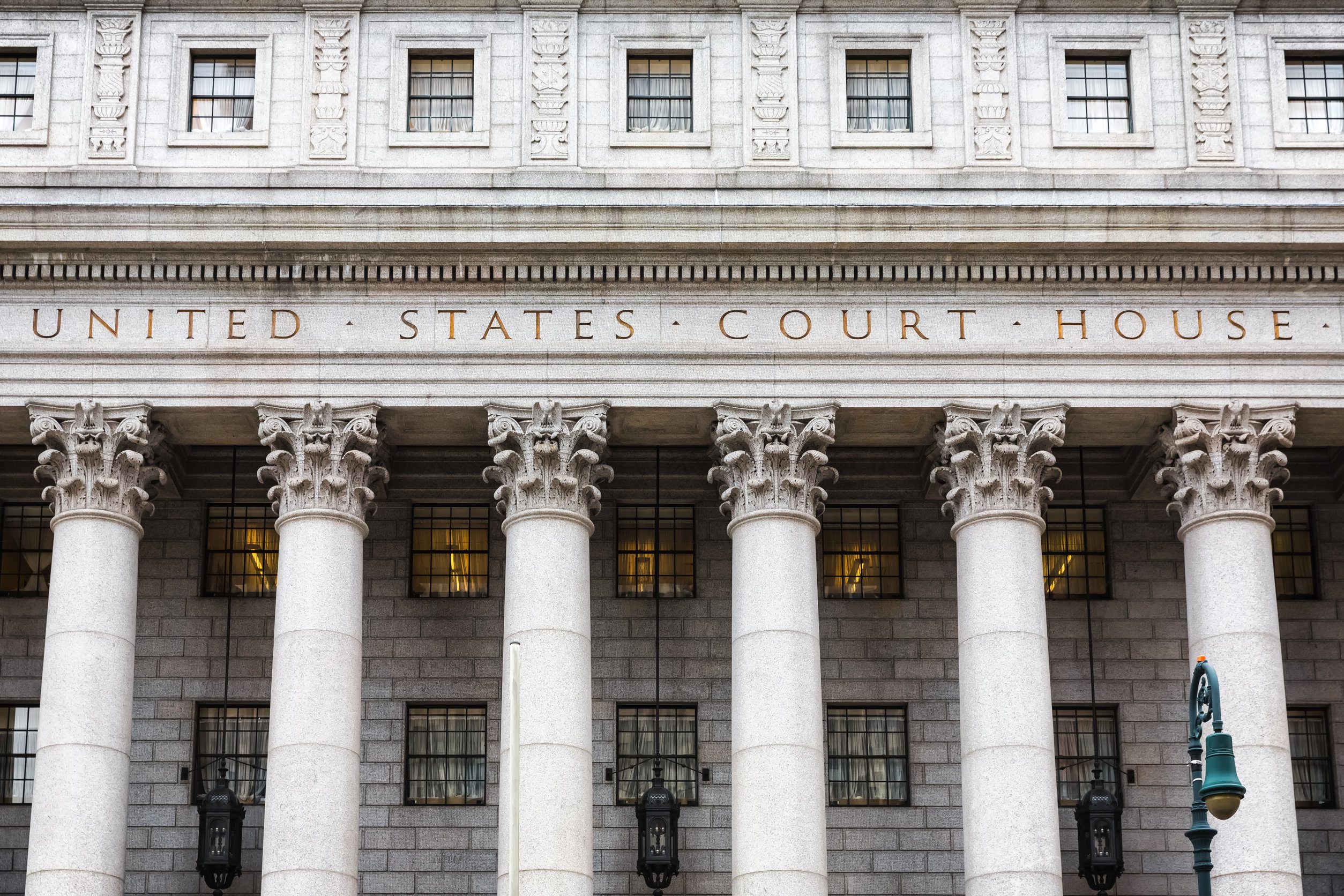- Home
- THE FIRM+
- Criminal Defense+
- CASE RESULTS
- AREAS WE SERVE+
- FAQ’s
- Blog
- Contact
AZHARI LLC BLOG

Posted By: Sami Azhari
Category:
Sex crimes are serious when committed in Illinois, but they are even graver when taken on by the federal courts. This evokes even more penalties a person convicted could potentially face – as one Illinois man may soon find out.
A registered sex offender in Illinois has now been accused of kidnapping and trafficking a 13- year-old Georgia girl. He drove the girl from her home in Georgia to Illinois, a mistake that could cost him dearly since it opens his case to federal charges.
When does a sex crime grow from a matter handled by the state to one that is the jurisdiction of the federal court system? Read on to find out.
Sex Crimes: State or Federal?
Sex crimes, just as many other crimes, tend to be handled by law enforcement and courts in the jurisdictions where they’ve taken place. However, certain crimes, including sex crimes, are in the jurisdiction of not only the state of Illinois but the federal government as well.
In fact, it has been established by the Supreme Court of the United States that being tried for the same crime by both state and federal authorities does not constitute double jeopardy. Therefore, it isn’t a violation of your constitutional rights.
The Constitution of the United States also gives courts under federal jurisdiction more power than the local courts in cases that overlap.
However, federal courts can decide which cases they want to take on. They may not always choose to prosecute a case, even if they have jurisdiction over it.
Most of the time, federal courts will take cases where a crime has crossed state lines, which also includes crimes committed over the internet. Sex crimes can also be tried in federal court, along with other federal crimes such as drug trafficking or kidnapping.
What Sex Crimes Do Federal Courts Prosecute?
Typically, federal courts will prosecute these types of sex crimes:
- Exploitation of minors
- Selling or buying children
- Possession or distribution of child pornography
- Solicitation of a minor online
- Aggravated rape or sexual abuse
- Transportation of minors between states with the intent to engage in criminal sexual activity
What Penalties Can Be Faced in Federal Court?
The issue with federal criminal sentencing of a sex crime is that the judge must hand out mandatory minimum sentences established by the federal government. The more pre-meditated and severe the crime, the more severe the punishment.
In fact, federal law requires up to life in prison for sex crimes that result in the death of another — just to show how severe the penalties can be.
Also, after any prison sentence handed down is complete, a period of parole or probation is likely to follow. During this time, the convicted person must abide by specific rules and attend regular meetings with a court official as necessary.
Keep in mind that any prior convictions of sex crimes may lead to harsher penalties in federal court if convicted.
There is also a national sex offender registry called the National Sex Offender Registration and Notification System. Those who are convicted in federal court of sex crimes may have to register within this system. The Sex Offender Registration and Notification Act is a federal act that monitors and tracks sex offenders across the country.
About the Author
Sami Azhari has been working as a lawyer since 2007, after receiving his Juris Doctor from the Michigan State University College of Law. He has handled numerous state and federal cases, and is known throughout the Chicago and Rolling Meadows area for providing his clients with high-quality, skilled representation. He has been recognized by Avvo (2013 and 2018), SuperLawyers (2015-2020), The National Trial Lawyers, and other notable organizations, and has spoken at a number of legal conferences.


























































